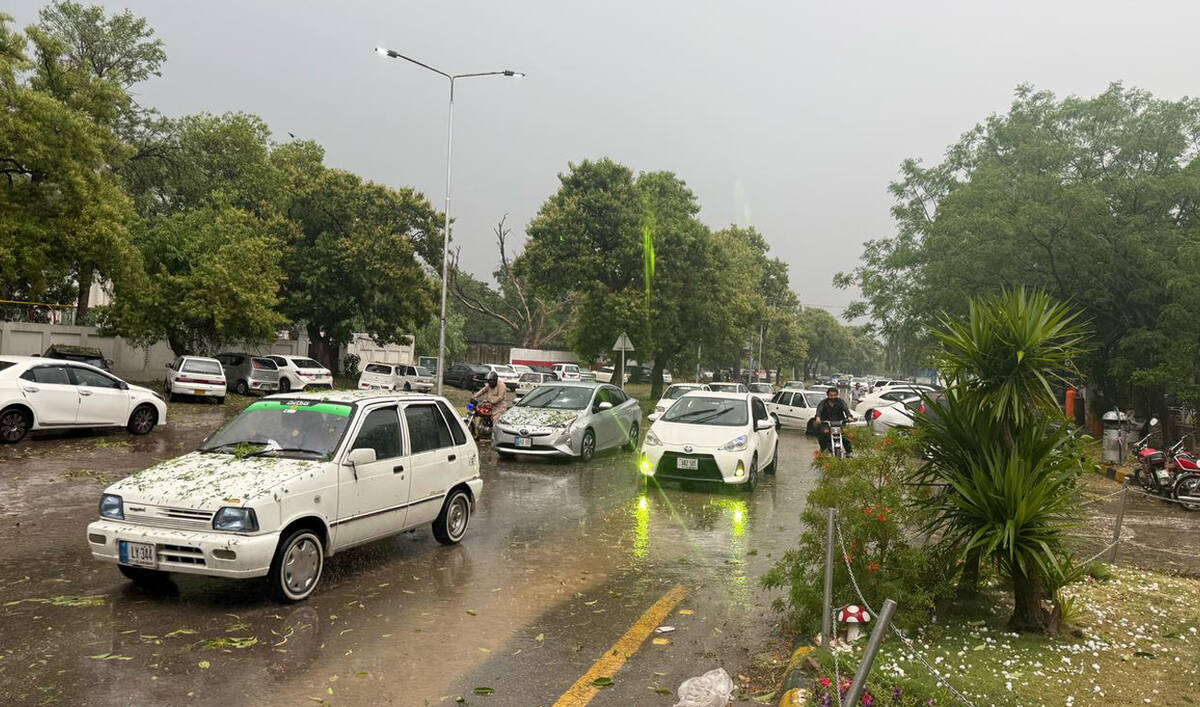ISLAMABAD: A senior official at the World Health Organization warned on Thursday a “full-scale operation” was needed in Pakistan’s flood-hit Balochistan in the aftermath of recent floods that had not only destroyed agriculture and houses but were now also causing the spread of diseases.
Children and women are becoming more vulnerable as tens of thousands of people suffer from infectious and water-borne diseases in flood-hit Pakistan and the death toll from the inundation has surpassed 1,600, a figure that does not include deaths from fast-spreading diseases, according to data from the National Disaster Management Authority.
Around 325 of the total deaths have been in Balochistan.
As flood waters begin to recede, which officials say may take two to six months, the southern Sindh and southwestern Balochistan provinces have become infested with diseases including malaria, dengue fever, diarrhoea and skin problems.
"We are committed to doing everything possible to find the resources, the money, the people, the supplies. There must be going on a full-scale operation,” Executive Director of the World Health Organization's Health Emergencies Programme, Dr. Mike Ryan, said after visiting flood-affected districts in Naseerabad Division in Balochistan
“We have no opportunity to waste, if we waste, people die; if we don't get the right focus, people will die. So we have to do many things at one time.”
Record monsoon rains in south and southwest Pakistan and glacial melt in northern areas triggered the flooding that has affected nearly 33 million people in the South Asian nation of 220 million, sweeping away homes, crops, bridges, roads and livestock and causing an estimated $30 billion of damage.
Hundreds of thousands of displaced people are in dire need of food, shelter, clean drinking water, toilets and medicines. Many have been sleeping in the open by the side of elevated highways.
The economic losses from the flooding will slash the country’s GDP growth to around 3 percent from the estimated target of 5 percent set out in the budget when it had narrowly escaped defaulting on its debt in a balance of payment crisis.
Pakistan was already reeling from economic blows when the floods hit, with its foreign reserves falling as low as one month’s worth of imports and its current account deficit widening.

















